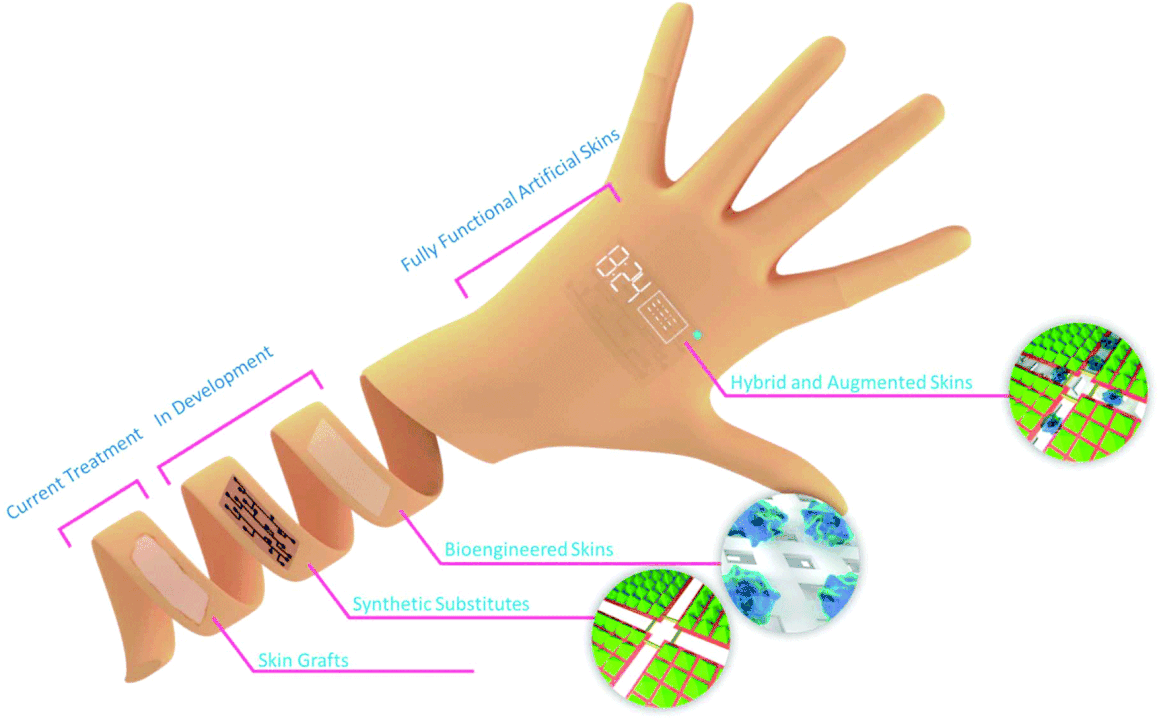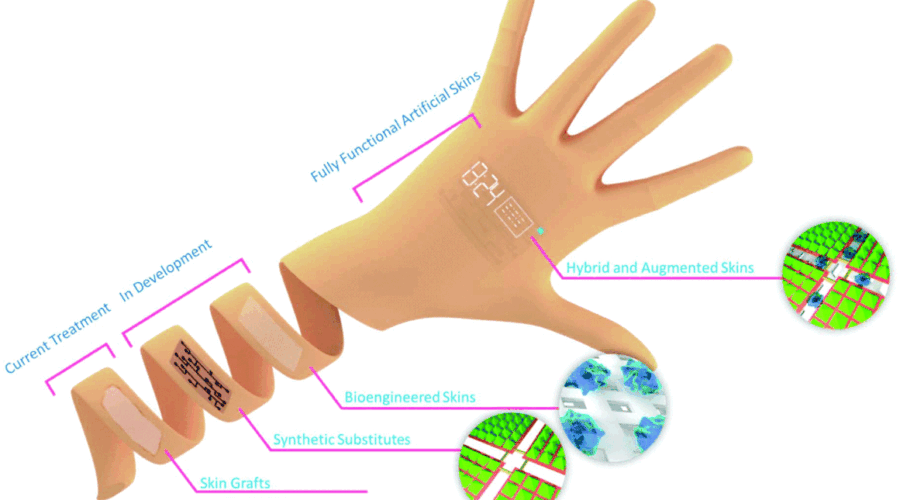There has been rapid development in the tissue-engineered skin substitute market in recent years, and this trend is anticipated to continue. Tissue-engineered skin substitutes are high-tech biomaterials that are designed to look and feel like human skin. Extreme burns, long-standing wounds, and other skin problems can all benefit from their application.

The market for tissue-engineered skin substitutes is expanding for a number of reasons. First, the need for efficient wound healing treatments is being fueled by the increasing prevalence of chronic wounds such diabetic foot ulcers and pressure ulcers. By acting as a scaffold for cell growth and facilitating tissue regeneration, tissue engineered skin replacements present a novel approach to wound management.
The need for tissue engineered skin substitutes is also being driven by the rising incidence of burn injuries around the world. Extreme skin damage from burn injuries can make it difficult, if not impossible, to use conventional treatments like autografts. In order to help burn sufferers, scientists have developed tissue engineered skin substitutes that may be used in place of natural skin.
Additionally, more complex and efficient skin substitutes have been developed thanks to developments in biotechnology and tissue engineering techniques. Bioactive substances including growth factors and cytokines are commonly used in these products to speed up the recovery time. Personalised and functional skin substitutes are now within reach, thanks in part to the integration of stem cells and 3D printing technology in tissue engineering.
There are a number of major players in the market for tissue engineered skin substitutes. These businesses put significant resources into R&D in order to enhance existing products and create new ones. To further their goals of accelerating market penetration and fostering innovation, they also place a premium on strategic alliances and partnerships with healthcare providers and research institutes.
The high incidence of chronic wounds and the developed healthcare system in North America have made it a prime market for tissue engineered skin substitutes. Increases in the region’s senior population, healthcare spending, and infrastructure development are predicted to fuel rapid expansion in Asia-Pacific over the forecast period.
Global Tissue Engineered Skin Substitute Market: Competitive Players
- AMARANTUS BIOSCIENCE HOLDINGS INC.
- Tissue Regenix
- Mallinckrodt
- ConvaTec Group PLC
- BSN medical
- BSN medical
- Medline Industries Inc
- Kerecis
- LifeNet Health
- MiMedx
- Organogenesis Inc
- Regenicin
- Integra LifeSciences Corporation
- Mölnlycke Health Care AB
- Smith & Nephew
Global Tissue Engineered Skin Substitute Market: Segment Analysis
By Product
- Biological
- Biosynthetic
- Synthetic
By Application
- Chronic
- Acute Wounds
By End User
- Wound Care Centers
- Hospitals
- Others
